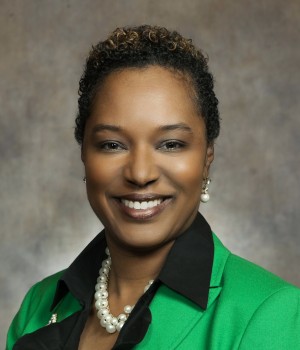There are a lot of people involved in a crime. There’s the criminal, the police, the prosecutors, the defense attorneys, and sometimes even the media.
But what about the victim?
Sadly, far too often, the victim gets overlooked by Wisconsin law.
That’s why I was proud to be a part of a bipartisan group of legislators who authored laws signed by Governor Scott Walker April 11th.
There are many different crimes and thus, many different kinds of victims. In 2012, there were 15,969 violent crimes reported in Wisconsin, including murder, rape, aggravated assault and robbery. There were another 139,102 property crimes reported in 2012 in Wisconsin, including theft, burglary and arson.
It’s hard to imagine the emotional trauma suffered by victims until you become one. As someone who was victimized, I know what it was like for me. But nobody can experience anyone else’s trauma. But we can make the laws better to recognize victims of all crimes.
We might not be able to keep people from becoming victims, but we can help alleviate the emotional trauma caused by re-victimization. Far too many victims experience emotional trauma when their victimizer is released from prison.
That’s why I wrote AB-652, the Victim Notification of Revocation Act – My law requires the Department of Corrections, at the request of the victim, to alert victims if their victimizer’s probation or parole is revoked. Victims deserve the peace of mind of knowing if their victimizer is sent back to prison.
In additional to mine, Governor Walker signed seven other victim protection laws on Monday. They include:
Assembly Bill 615 – This law requires courts to automatically forward temporary restraining orders and other documents to the sheriffs’ departments to execute service. Once service of the respondent is accomplished, sheriffs’ departments are directed to use the online Wisconsin Statewide Victim Notification Service (VINE) system to provide notification to the victim.
Senate Bill 323 – This law allows victims of sexual assault the right to be accompanied by a victim advocate to help victims navigate the legal and medical systems.
Senate Bill 351 – This law enacts the 2002 Uniform Interstate Enforcement of Domestic Violence Protection Orders Act. The law requires that courts and law enforcement enforce the terms of valid protection orders from other states as if they were entered by the enforcing state, until the order expires.
Assembly Bill 643 – This law makes changes to the Department of Justice’s (DOJ’s) victim compensation award program to update coverage. If a victim suffers a disability as a result of a crime, covered expenses may include reasonable housing accessibility adaptations and adds victims of certain crimes to the list of persons eligible for compensation.
Assembly Bill 767 – Many victims lose more than just their homes when they leave their abusers. Some lose their bank accounts and even their telephone number. This law allows a court to order a victim to be able to keep their telephone number even if the account isn’t in their name.
Assembly Bill 663 – This law puts victims first in the restitution payment order so victims get paid back before the government and gives government new tools to ensure more restitution is paid.
Senate Bill 488 – Requires the state to keep private certain victim’s addresses, establishing instead a new address for sending and receiving legal mail. The new law also allows certain victims to participate in the confidential voter program.
All in all on April 11th, Governor Walker signed 8 bills authored by 15 different legislators. It’s not easy to pass a bill into law, especially with today’s partisan gridlock. In fact, most bills introduced by legislators don’t ever become a law. But, if you put in the hard work and build relationships while staying true to your beliefs, it’s still possible to get things done in Madison. Over my 13 years in the Legislature, I’ve authored more than 100 laws. The next session hasn’t even begun yet, but I’m already working on my legislative agenda to continue to improve the lives of people who live not only in the 4th Senate District, but all of Wisconsin.










